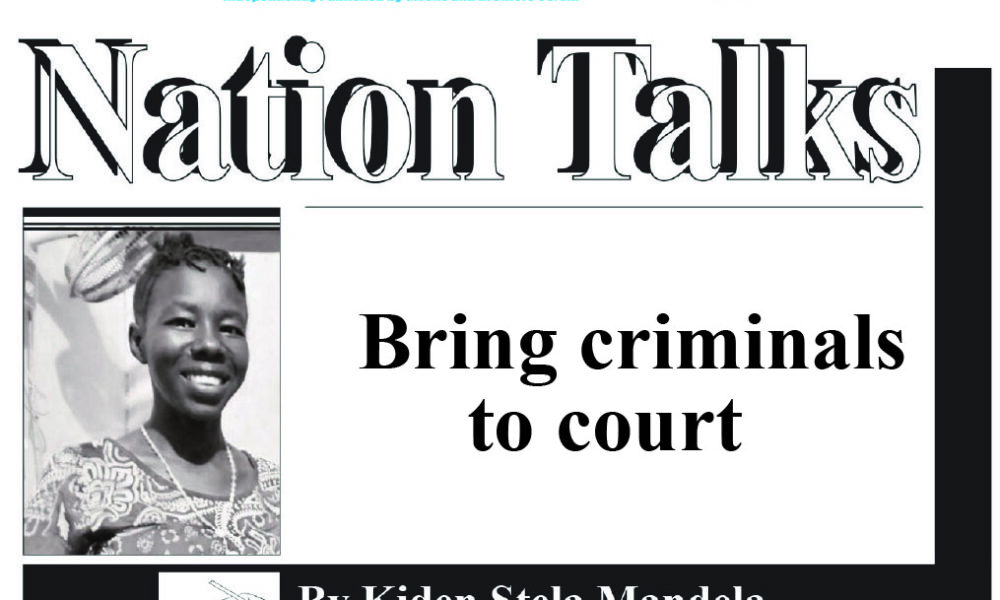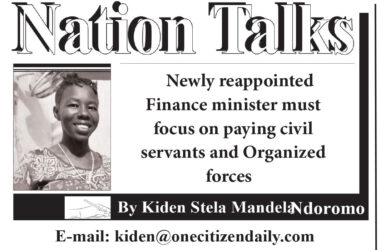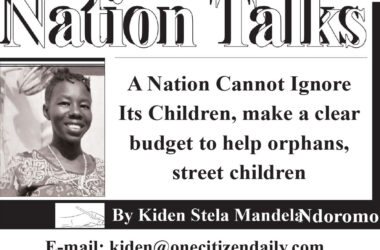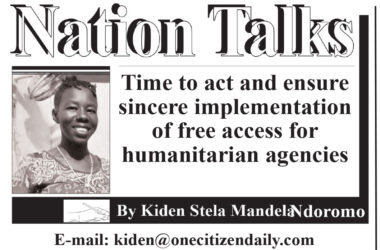Subnational violence/attacks in South Sudan remain risky for the people despite the peace agreement signed in September 2018.
Since then, the agreement has increased inter-ethnic violence, attacks, and threats across the country, as parties remained separated and their minds occupied with mutual distrust.
The situation has been made even worse by the war in Sudan, which broke out in April 2023.
According to the UN humanitarian report (2023), around 202,263 people were registered crossing from Sudan to South Sudan from the outbreak of fighting. Returnees continue to arrive in areas of origin or resettlement in South Sudan, many of which have experienced displacement, inter-communal conflicts, dangers (particularly the risk of floods due to the rainy season), disease, high prices for essential goods, etc. Food insecurity, loss of livelihoods and increasing violence, particularly for women and children, UN announced early on that in 2023.
Intercommunal violence in South Sudan is a persistent problem, often fueled by various factors. These can include economic hardship, political instability, and the manipulation of local grievances by powerful individuals.
In some cases, intercommunal violence can even be seen as a lucrative business for those in positions of power who profit from the instability.
Attacks on women, children, and the rampant occurrence of cattle raids pose severe threats to the stability and well-being of communities across the country.
To effectively address this issue, the system must ensure that perpetrators of violence are held accountable for their actions. Stricter enforcement of the law and the imposition of meaningful consequences will deter youth from engaging in destructive activities and harming innocent civilians.
The continued occurrence of intercommunal violence often points to the involvement of influential individuals from both sides of the conflict. Thorough investigations into the roles of these individuals are necessary, and those found guilty must face the full consequences of their actions.
Across South Sudan, human rights abuses are widespread. Disturbingly, firearms are often provided to children as young as 10, 12, and 14 years old under the guise of cattle herding, depriving them of their education and childhood. This not only perpetuates a cycle of violence but also undermines the very fabric of South Sudanese society.
The government’s inaction in addressing these issues has created a climate of fear and insecurity for many South Sudanese citizens. People feel threatened within their own homeland, a deeply disturbing reality for any nation.
I appeal to the government to launch a Court solve inter-communal violence cases across the country and provide security to the citizens, and respect children’s rights so that they are not part of the violence.
God Protect South Sudan.
Be the spectator!




